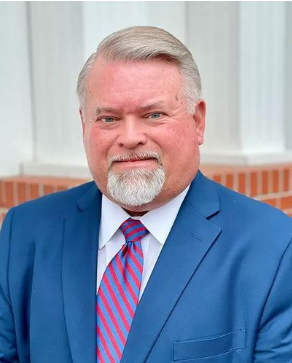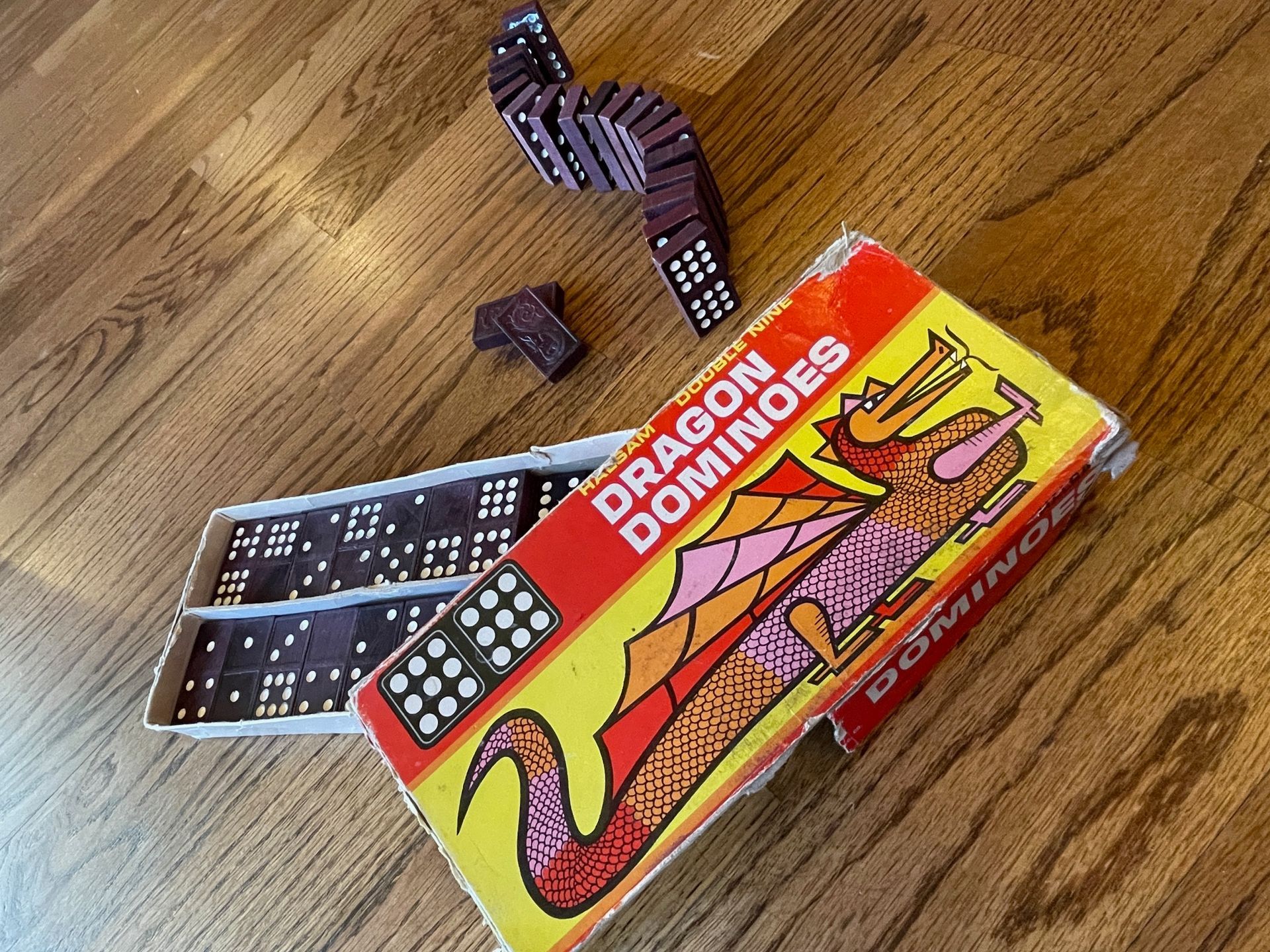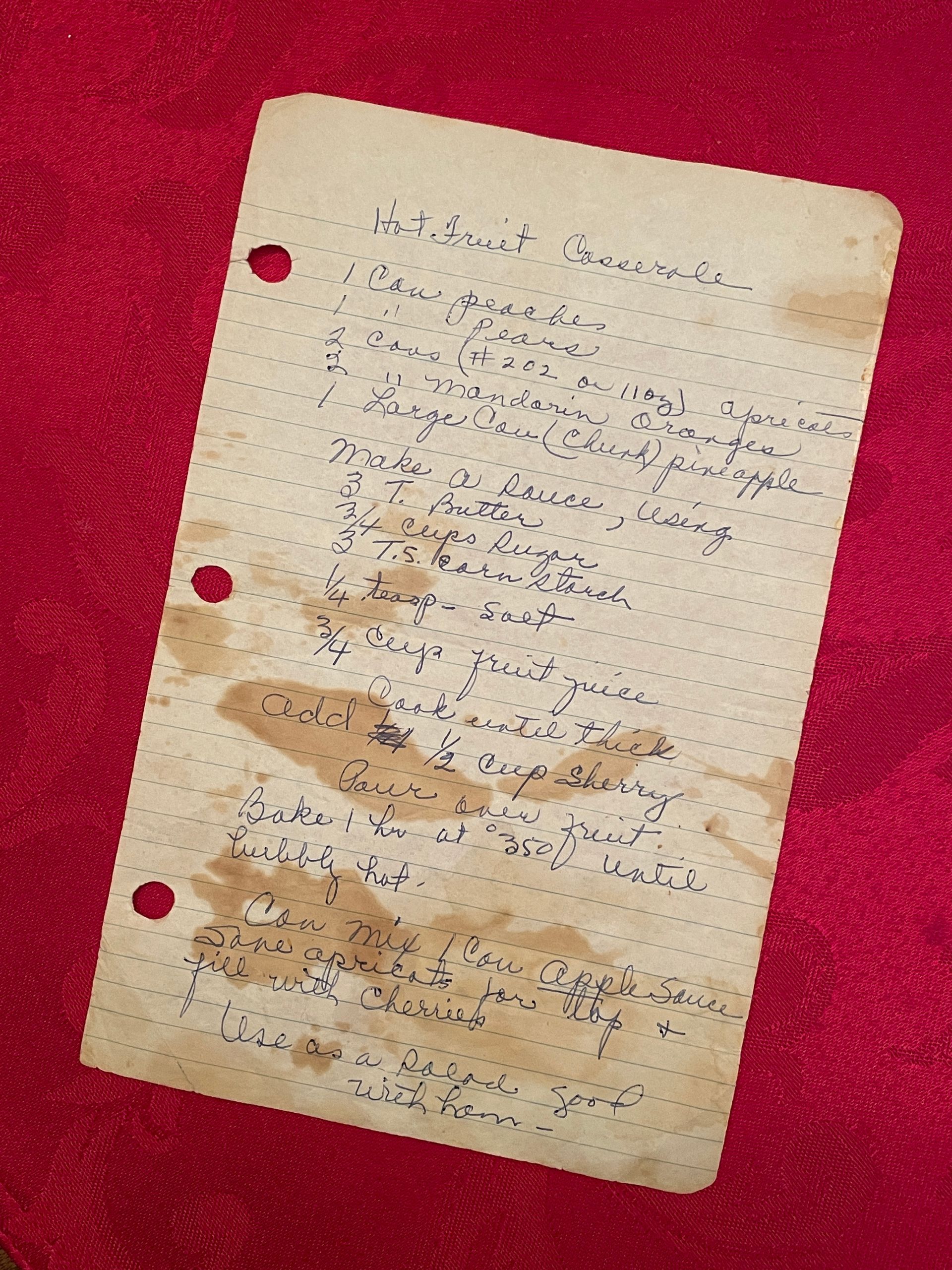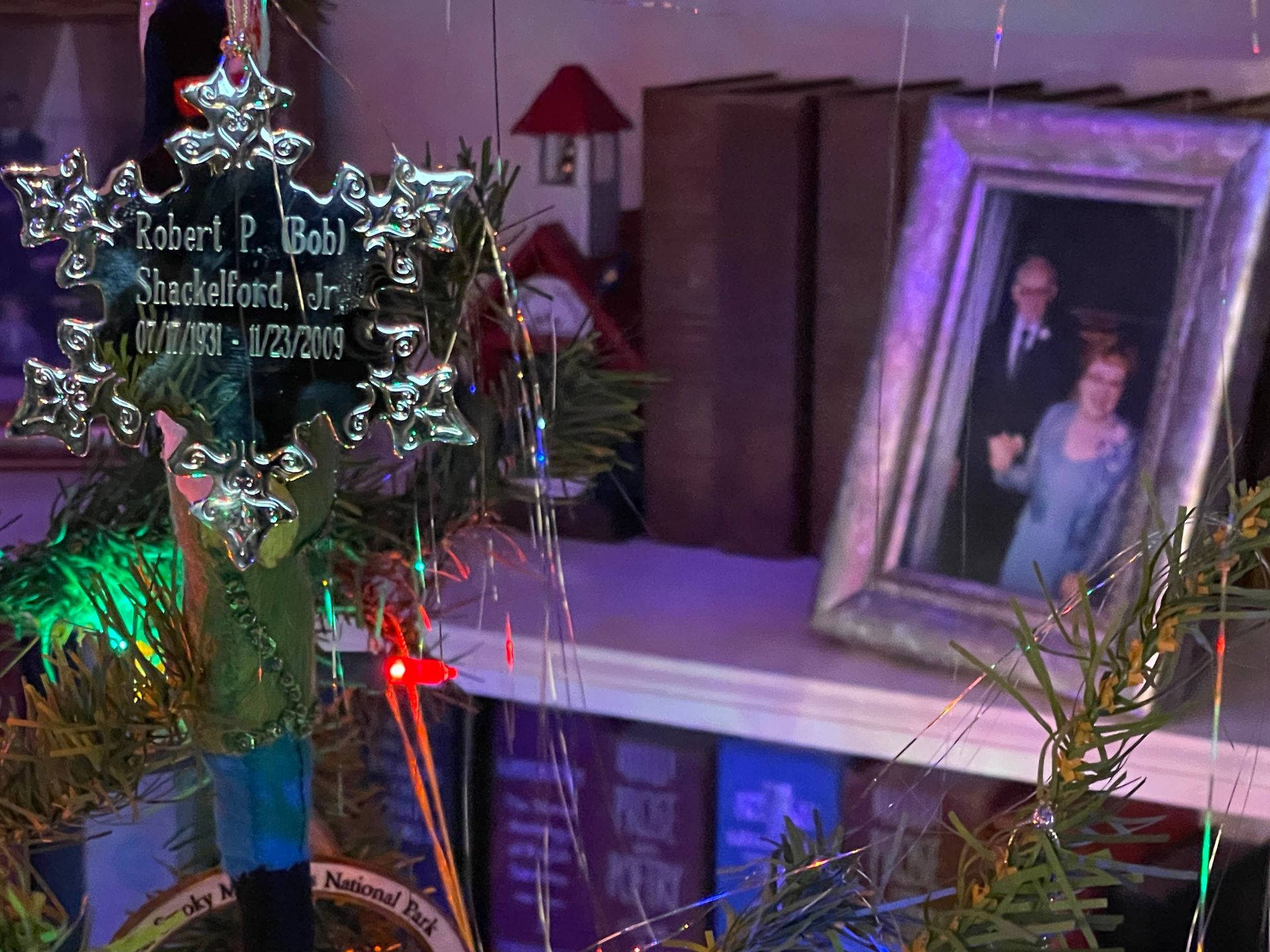Stories To Tell

My little Kathryne wandered into bookkeeping a few weeks ago and asked if I would like to go to a creativity conference. Since I had no idea what that meant, she stood behind me while I Googled “STORY 2018” in Nashville and then while I learned all about “an immersive, two day conference-style gathering designed to inspire, challenge and equip artists, creators and storytellers who work in a variety of industries”. Hmmm . . . I rummaged around their website a bit, realized they were using an “Alice in Wonderland” theme this year . . . and that I only recognized one name ‘mongst all the presenters—Brad Montague from Henderson, Tennessee. Creator of Kid President, motivational speaker extraordinaire, college friend of my son, and church camp mate of my daughter (Joseph tried church camp once . . . it did not go well . . .).
As I sat there pondering something that most definitely appealed to me (not that I’m creative or an artist or, goodness knows, that I need to think outside the box any more than I already do), I mused aloud as to how this might apply in my profession. After all, it did refer to “artists, creators and storytellers who work in a variety of industries” (focus more on the industry application than the artists, creators part). I generally have a need to justify something I’m doing before I do it, as in how it might apply to funeral service. So while I’m thinking this one might be a stretch, Kathryne voiced a little known and rarely articulated fact.
“Well, you’re a storyteller. That’s basically what you do.”
I’d never thought of it that way before, but she was right. We are storytellers, and the stories we tell belong to the families we serve, especially to the loved ones they’ve lost. It starts when we sit down with them and begin asking all those questions. Where were they born? Who were their parents? What about other family members? Had they ever lived anywhere else? What about school . . . and work . . . and hobbies . . . and things they just enjoyed doing . . . The list could go on and sometimes the answers do, too. But not always. During one arrangement conference I was going through the usual interrogation, but not very successfully. The answers were short and often incomplete; finally one of the family members asked me point blank why I needed to know all that stuff. And I told them. I’m going to write this obituary and when I do, I want the people who read it to know more about him than they did when they started. I want them to see something of who he was. They understood; after that the answers flowed more freely and, as they did, so did the memories . . . and the tears . . . and the smiles.
Decades ago, the forward-thinking members of our profession realized that acknowledging a life and honoring that life were very different from simply burying the dead, and that what came to be known as “cookie-cutter” funerals—where each one resembles the one before it—didn’t really do an individual justice. They began promoting a different approach—“Life Appreciation”—which two of our directors trained for and then attempted to implement upon returning. Unfortunately, our world wasn’t ready for that and the first few families with whom they met looked at them like they had two heads. After a while you can get tired of people thinking you’ve lost your mind, and you quit trying. And they did.
But today more and more families want to tell the story of their loved one’s life and we want to help them do that. They bring in the pictures and display the things that meant the most to that person or items that told you who they were and what they enjoyed in this life. There are quilts spread across pews, fire trucks or vintage cars leading the funeral procession, family members sharing memories during the service—there are so many ways to tell the story that go far beyond memorial videos and folders with pictures on them and a register book with flowers on the cover. Those things certainly help, but it’s only the beginning of possible.
I told my children when I died I expected them to stay up all night baking Snickerdoodles to pass out to the mourners, assuming there are any. For the uninformed, that’s a cookie and cookies are kinda my thing—a big part of my story. And they told me if I wanted cookies served at the service I better figure out a way to bake them myself. And while I was at it, I needed to go ahead and write my own obituary. I guess I’m supposed to get up each morning and edit it in case something remarkable happened the day before. Of course, they said all of that in jest . . . maybe. But the simple truth of the matter is everyone has a story to tell and we should always strive to do just that. After all, it took them a lifetime to write it—shouldn’t the world get to hear it?
The post Stories To Tell appeared first on Shackelford Funeral Directors | Blog.







A Year of Grief Support
Sign up for one year of weekly grief messages designed to provide strength and comfort during this challenging time.
Please wait
Verifying your email address
Please wait
Unsubscribing your email address
You have been unsubscribed
You will no longer receive messages from our email mailing list.
You have been subscribed
Your email address has successfully been added to our mailing list.
Something went wrong
There was an error verifying your email address. Please try again later, or re-subscribe.





